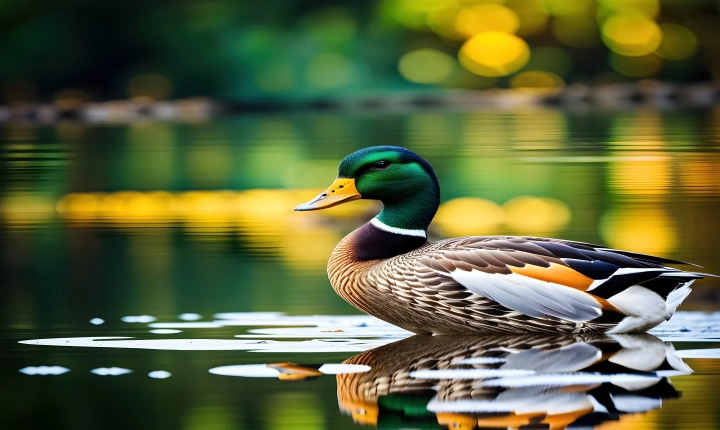AI-generated images are becoming increasingly common in today’s digital landscape, with advancements in artificial intelligence and image generation technologies. However, there is a growing debate around the copyright issues that arise from these AI-generated images.
The question of whether AI-generated images are copyrighted is a complex and contentious issue. Generally, copyright law protects original works of authorship that are fixed in a tangible medium of expression, which includes photographs, paintings, drawings, and other visual art forms. These works are automatically protected by copyright as soon as they are created and fixed in a tangible form.
In the case of AI-generated images, the crucial factor is the level of human input and creativity involved in producing the image. If an AI system creates an image entirely on its own, without any human intervention or creative input, it raises the question of whether the resulting image can be considered an original work of authorship eligible for copyright protection.
In some jurisdictions, copyright law does not explicitly address the issue of AI-generated images, leaving a legal vacuum when it comes to determining their copyright status. However, in most cases, copyright law requires human creativity and authorship for a work to be eligible for copyright protection. This means that AI-generated images without significant human input or creative direction may not be eligible for copyright protection.
On the other hand, if human input and creativity are involved in the generation of AI images, such as curating the input data, training the AI model, or making significant artistic decisions about the output, then the resulting images may be considered eligible for copyright protection. In these cases, the human creator or the organization that provided the creative input would likely hold the copyright to the AI-generated images.
Another aspect of the debate around copyright and AI-generated images is the issue of ownership. If an AI system is owned and operated by a corporation or an individual, there may be questions about who holds the rights to the images produced by the AI. Some argue that the entity that owns and operates the AI system should be considered the creator and copyright holder of the AI-generated images, while others argue that the humans involved in the process should be the rightful owners.
Furthermore, the use of AI-generated images in commercial applications, such as marketing, advertising, or publication, raises additional questions about licensing and intellectual property rights. If an AI-generated image is used without permission or proper licensing, it could potentially lead to legal disputes and infringement claims.
As the use of AI-generated images becomes more prevalent, the legal and ethical considerations surrounding their copyright status will continue to evolve. It is crucial for lawmakers, legal experts, and stakeholders in the creative industry to address these issues and provide clarity on the copyright status and ownership of AI-generated images.
In conclusion, the copyright status of AI-generated images is a complex and evolving issue that requires careful consideration of the level of human creativity and input involved in their creation. While some AI-generated images may be eligible for copyright protection, others may not meet the threshold for original authorship. As the technology and legal landscape continue to develop, it is essential to establish clear guidelines and regulations to address the copyright implications of AI-generated images.
